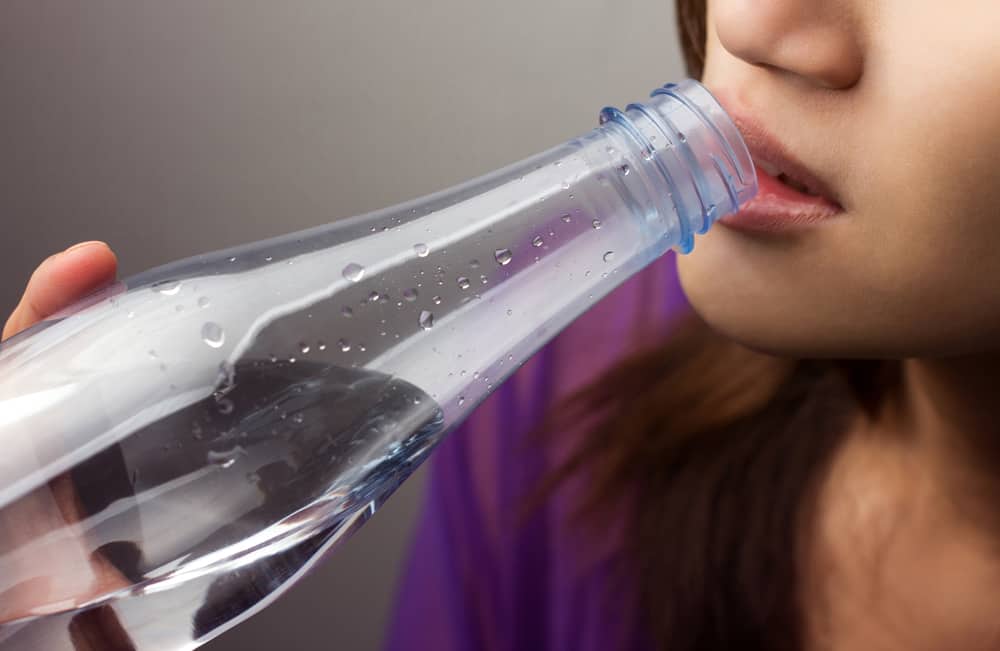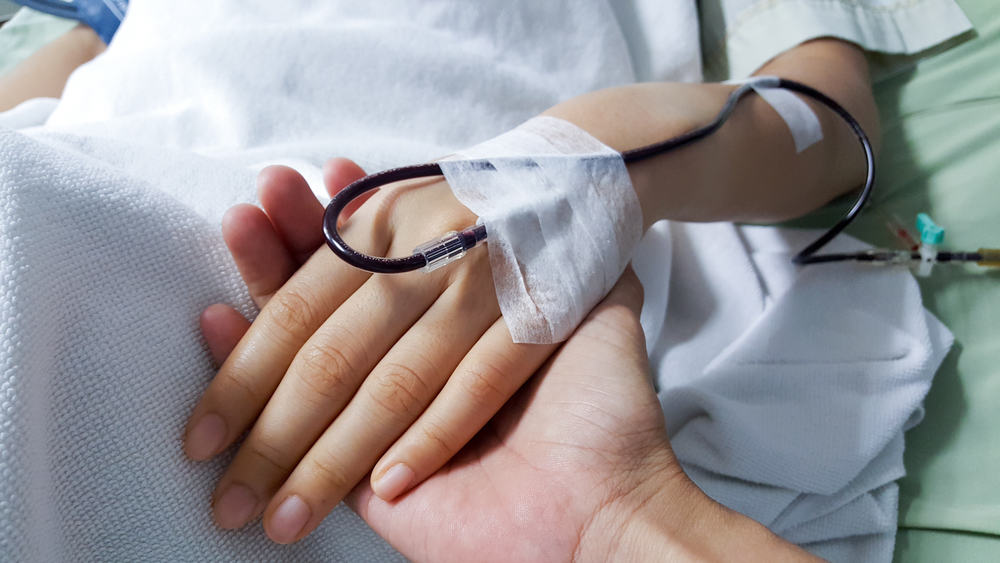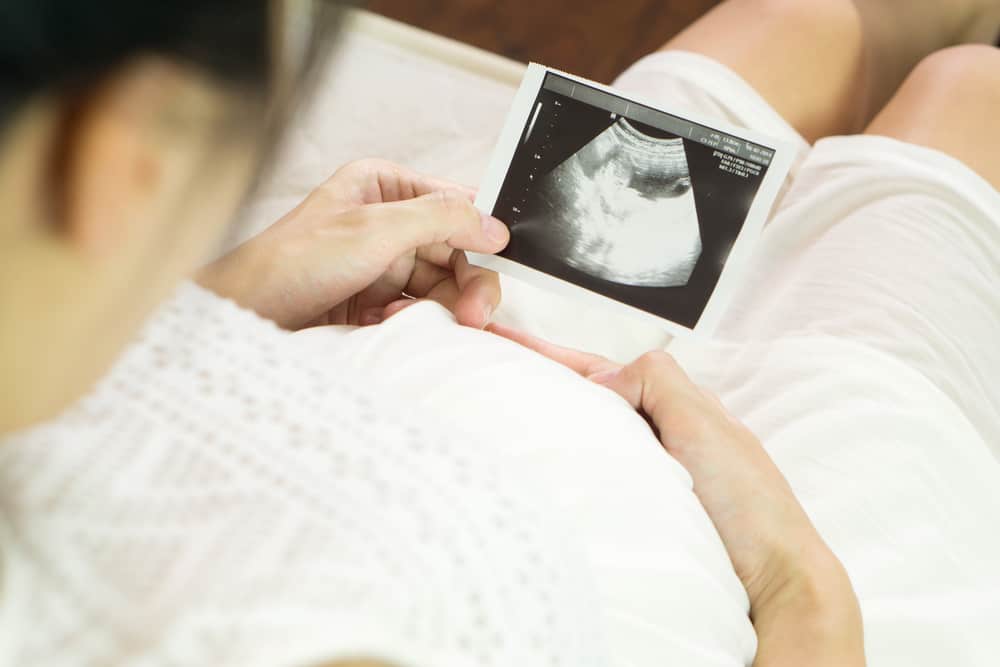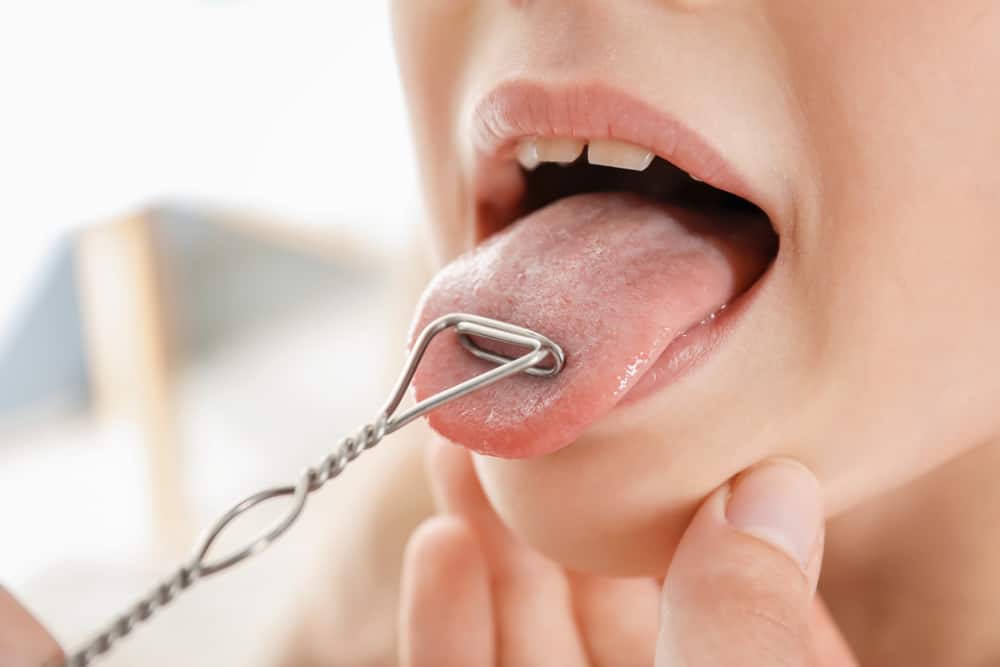Contents:
- Medical Video: Anemia symptoms and treatments - Signs of being anemic
- My baby looks pale and weak. Could it be a sign of anemia?
- What is anemia, and what causes it?
- Is anemia dangerous?
- Is my baby at risk of anemia?
- Should my baby be examined by a doctor?
- Can I prevent babies from anemia?
- How to treat anemia in infants?
- Just in case, can I give iron supplements to babies?
Medical Video: Anemia symptoms and treatments - Signs of being anemic
My baby looks pale and weak. Could it be a sign of anemia?
Indeed, the common symptoms of anemia are pale skin and fatigue. Other signs include a fast heartbeat, irritability, loss of appetite, brittle nails, and a sore or swollen tongue. However, babies affected by anemia usually do not show any symptoms.
What is anemia, and what causes it?
Anemia is a condition when red blood cells do not carry enough oxygen to the body's tissues. Various conditions can cause anemia, including hereditary diseases called sickle cell anemia. But generally, iron deficiency is a cause of anemia.
The human body needs iron to make hemoglobin, the red pigment that carries oxygen in the blood. If the baby does not get enough iron, the number of red blood cells will be smaller and smaller in size. As a result, the baby's body tissue does not receive normal oxygen intake.
Children are very susceptible to anemia during the growth period because they need additional iron to grow. However, iron deficiency anemia does not occur overnight. Instead, this condition is caused by iron deficiency that continues to occur from time to time.
Iron deficiency can occur for several reasons, including low iron in food, continuous bleeding (eg in the intestinal tract), and poor absorption of iron by the body.
Is anemia dangerous?
Possible yes.
In addition to the symptoms mentioned above, children affected by anemia can experience permanent mental and physical problems. (Although iron deficiency can be corrected, a child's mental and physical decline cannot always be restored).
Iron deficiency also makes children more susceptible to infection and poisoning.
Is my baby at risk of anemia?
All children aged 9-24 months have a high risk of developing anemia. However, the highest risk can occur in:
- Premature babies and low-weight babies aged 2 months and more. Normal babies are born with iron reserves that accumulate during the last months before labor. This iron reserve can last for 4-6 months. Unlike normal babies, premature babies only have about 2 months of iron reserves.
- Babies who consume cow's milk before they are 1 year old. Cow's milk contains low iron levels. In addition to disrupting iron absorption by the body, milk will replace iron-rich foods that should be consumed by children. In addition, milk can irritate the lining of the baby's intestine and eventually cause bleeding. Bleeding that is united in feces, together with low iron intake, can cause anemia in children.
- Babies in lactation who do not receive iron-fortified food after 4 months of age. Iron in breast milk is absorbed three times better than iron in formula milk. However, when babies begin to recognize solid foods, they need additional iron in the form of cereals and other iron-rich foods.
- Normal babies and babies fed on low iron formula. However, most infant formula is now enriched with iron.
Should my baby be examined by a doctor?
The American Academy of Pediatrics (AAP) recommends that infants undergo anemia screening at 12 months of age or earlier if the baby is born prematurely. However, if you find signs of anemia, immediately contact your pediatrician.
To determine whether your baby is anemic or not, the doctor will do a blood test to measure hemoglobin and hematocrit levels (the percentage of red blood cells in the blood).
Can I prevent babies from anemia?
You can prevent your baby from getting iron deficiency anemia. Preventive steps are as follows:
- If your baby is premature or has a relatively low birth weight, discuss with your doctor about iron supplements.
- Until one year old child, give ASI or iron-fortified formula milk, not cow's milk.
- If your baby is 4 months old, still drinking breast milk and not yet introduced to solid food, AAP recommends that you give your child iron supplements of 11 milligrams (mg) per day until the child starts eating iron-rich foods.
- After your baby begins to recognize solid foods, give the child iron-fortified cereal and continue with other iron-rich foods such as lean meat, poultry, and fish; pasta, rice, and iron-rich bread; green leafy vegetables; egg yolk; and beans. (See age-based guidelines for more details about the right time to introduce a variety of foods to babies).
- Provide fruits and vegetables rich in vitamin C, such as kiwi, avocado, and melon. Vitamin C helps the body absorb iron.
How to treat anemia in infants?
It is important to increase your baby's iron intake after the baby begins to recognize solid foods. But changes in diet alone are not enough to treat anemia. Babies also need iron supplements, usually given in the form of drops.
Iron can be absorbed optimally when the stomach is empty. But because iron can cause abdominal discomfort, your doctor may advise you to supplement with food, breast milk, or formula milk. The doctor may re-examine the hemoglobin / hematocrit levels of the child after the child has been given supplements for 1-2 months.
Usually, it takes several months for blood to return to normal and it takes 6-12 months to complete the iron lost. After that, the baby can continue with a diet rich in iron.
Just in case, can I give iron supplements to babies?
Iron supplements can be a solution in many cases, but too much iron can actually poison children. Consult your doctor before giving iron supplements to babies. Doctors often recommend additional iron for 4-month-old babies who only drink breast milk. Get all the details in our experts' answers to the question "Adoes my baby need iron supplements? "
Iron supplements (or vitamins containing iron) at home must be kept out of reach of children. Excess iron is the main cause of poisoning in children.












